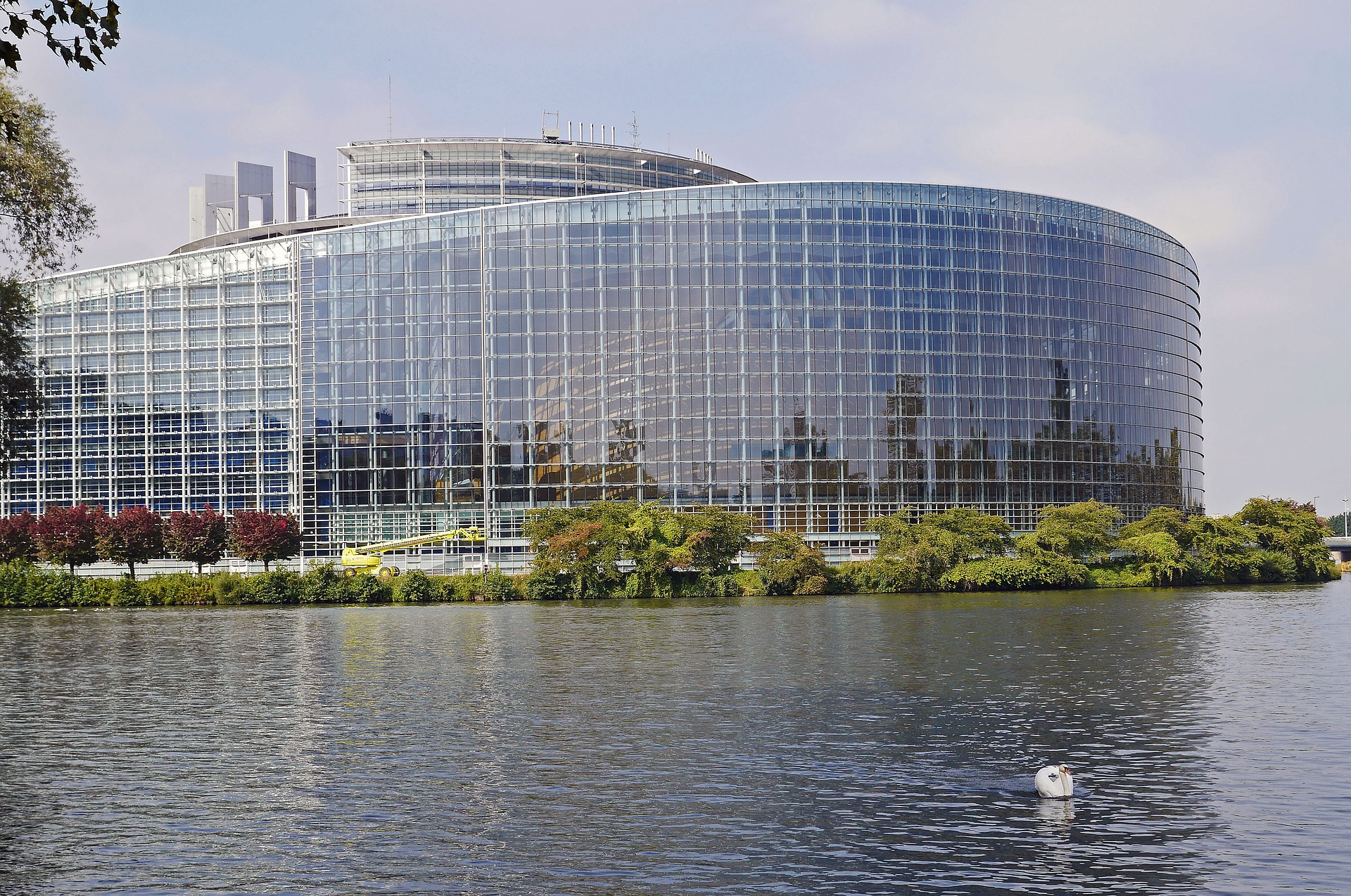Combatting corruption: Council adopts position on EU law

In order to step up efforts in the fight against corruption, the Council today agreed its position on an EU law that sets minimum standards for the definition and sanctioning of corruption offences, preventive measures and rules for more effective investigation and prosecution. The law’s main novelty is that, for the first time at EU level, it brings together in one legal act rules on corruption in the public and private sectors.
Paul Van Tigchelt, Belgian Deputy Prime Minister and Minister of Justice and the North Sea
Corruption corrodes trust in the public sector, harms the economy and damages the fabric of our societies. With this new law we increase our power to combat corruption.
Paul Van Tigchelt, Belgian Deputy Prime Minister and Minister of Justice and the North Sea
One EU law for public and private sector corruption
The new law will replace two separate EU laws – one law from 2003 dealing with corruption in the private sector and an EU Convention from 1997 on corruption involving EU officials or officials of EU member states. It will also amend the 2017 directive on fraud and other criminal offences that affect the EU’s financial interests.
When adopted, the new directive will align measures to combat corruption in the private and public sectors. This will make fighting corruption more effective.
Harmonised definition of offences
Thanks to the new law, all EU countries will be obliged to criminalise the same acts of corruption and define these acts in the same manner.
The following offences will now, throughout the EU, be punishable as a criminal offence: bribery in the public and private sectors, misappropriation, trading in influence, obstruction of justice and enrichment from corruption offences.
Penalties for natural persons and companies
The Council also agreed that member states must put in place effective, proportionate and dissuasive criminal penalties to sanction these crimes.
The criminal offences that will become illegal under EU law will be punishable by a maximum term of imprisonment of at least two to four years, depending on the offence. People convicted for corruption offences may incur additional penalties such as fines, removal from public office, disqualification from holding public office or exercising a public service function, the withdrawal of permits and exclusion from access to tender procedures and public funds.
Legal persons (i.e. companies) will also face penalties in the form of fines ranging from at least 3% to 5% of their total worldwide turnover or at least €24 or €40 million, depending on the offence.
Jurisdiction
Member states have jurisdiction over offences committed within their territory, where the offender is a national. In addition, member states may decide to extend their jurisdiction to acts committed outside their territory, where the offender is an habitual resident in its territory, the offence is committed against one of its nationals or its habitual residents, the offence is committed for the benefit of a legal person established in its territory or the offence is committed for the benefit of a legal person in respect of any business done in whole or in part on its territory.
Preventive measures
The Council also agreed that member states must take action to raise public awareness regarding the harmfulness of corruption, and to ensure transparency and accountability in public administrations in the interest of preventing corruption.
The 27 must also make sure to put in place bodies that will be tasked with the prevention and repression of corruption. These bodies (or units) need to be able to operate without undue interference, and must be equipped with an adequate number of qualified staff and financial resources.
Next steps
On the basis of this general approach reached today, the Council will be able to enter into negotiations with the European Parliament, which already established its position in February 2024, in order to agree on a final legislative text.
Background
The EU is a party to the United Nations Convention Against Corruption (UNCAC), which is the most comprehensive international legal instrument in this field. This legislative proposal will update the EU legislative framework and incorporate international standards that are binding on the EU, such as those in the UNCAC.
A Eurobarometer survey from 2022 shows that 68% of people in the EU and 62% of companies based in the EU considered that corruption was widespread in their country.
Article Credit: https://www.consilium.europa.eu/en/press/press-releases/2024/06/14/combatting-corruption-council-adopts-position-on-eu-law/”>https://www.consilium.europa.eu/en/press/press-releases/2024/06/14/combatting-corruption-council-adopts-position-on-eu-law/
